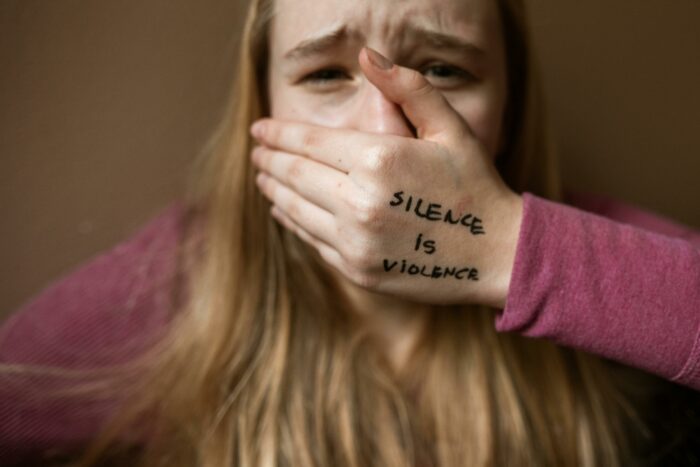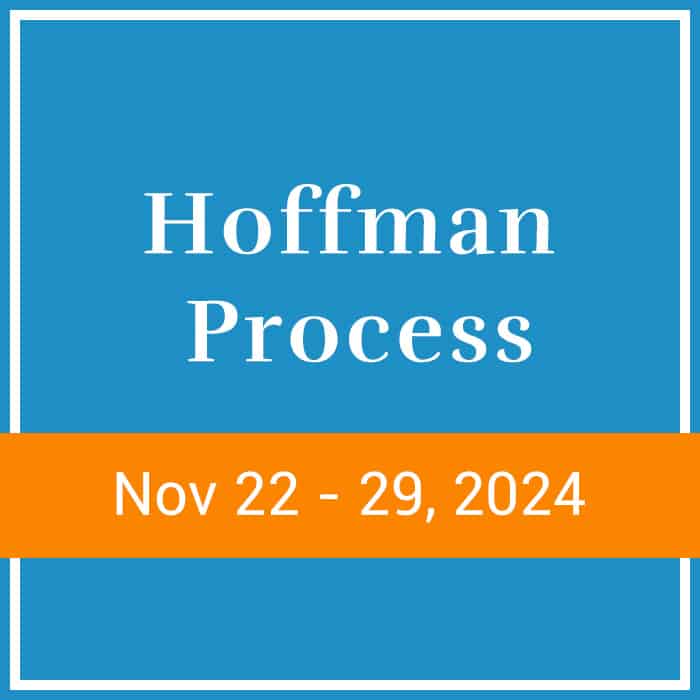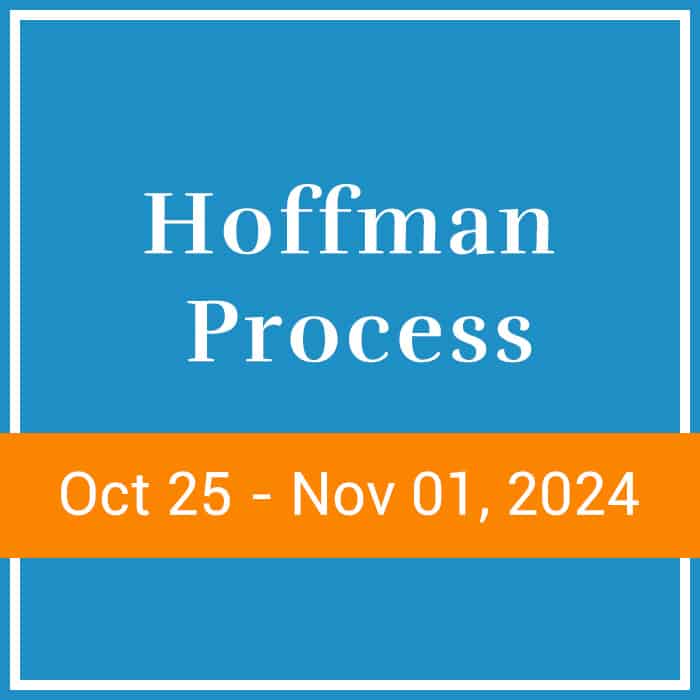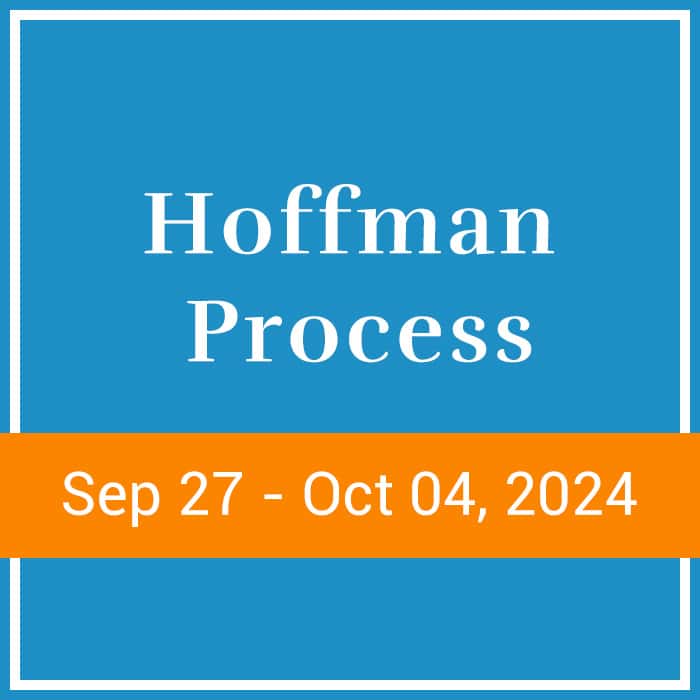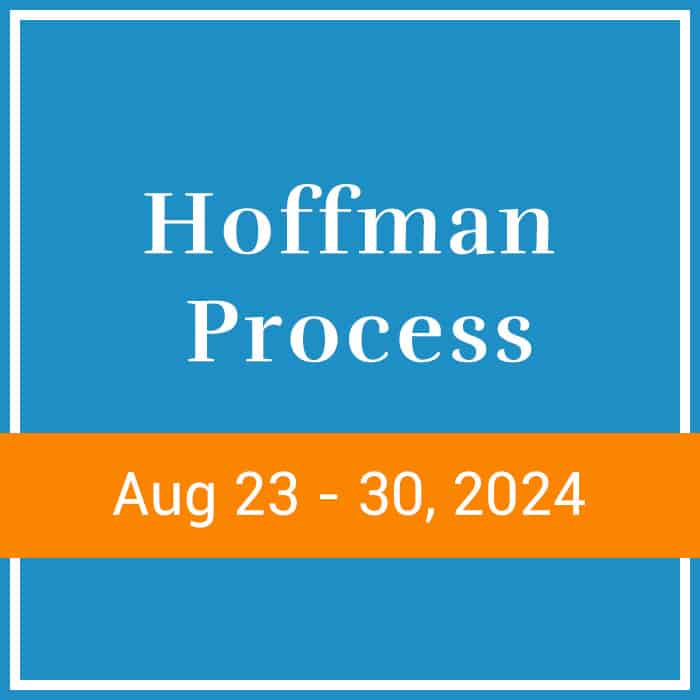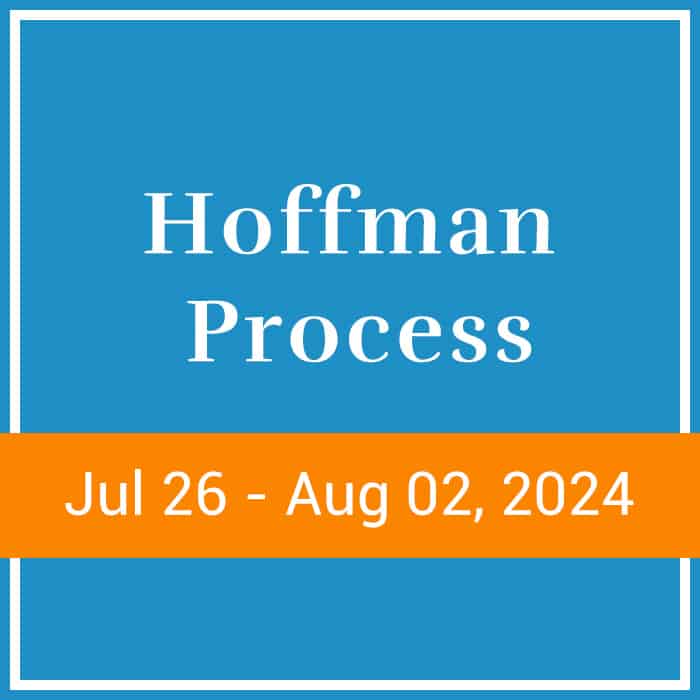When we have unresolved issues with our fathers, the annual arrival of Father’s Day can provoke a range of emotions in us—many of them unsettling. Whether you had an absent father, an emotionally distant one, or a strict and overbearing father, you may have found yourself affected by what is known as the father wound. While much has been written about the mother wound, the trauma that is passed down from mother to child when she is not emotionally attuned or available to her child, the father wound is just as evident. Having a complicated or traumatic relationship with your father, or no relationship at all, can have a profound impact on your self-esteem and your relationships far into the future.
According to Otto Kelly, founder of the father mentoring organization Dad Excellence Academy, the father wound also has a global impact. He said in his TedX Carson City talk, “Every single social ill that we’re dealing with is directly or indirectly related to fatherlessness.” Studies have shown that children with absent fathers are at increased risk for substance use, school misconduct, and anti-social behaviour. Of the 15% of one-parent families in Australia in June 2021, 79.8% of those were led by single mothers, making father absenteeism rampant. But fatherlessness doesn’t just have to mean having an absent dad. As U.K.-based psychologist Mari Kovanen explains, there is also pain in not having a “good enough” father, and such pain could lead to low confidence, anxiety, depression, anger and rage, too rigid boundaries, too loose boundaries, and having relationships with emotionally unavailable partners. Whatever your scenario entailed, there are steps you can take to begin healing the father wound.
How Social Conventions Inform the Father Wound
Before the Industrial Revolution, a father would often mentor his offspring, encouraging children to work alongside him while they learned whatever training or wisdom he had to impart. However, with the advent of factories and booming commerce, fathers were mostly driven out of the home and expected to provide and protect. This turned the mentoring father into a mysterious, mostly absent force. The omission of his attention and his affections would have a lasting effect on his child’s sense of belonging and security in the world.
How to Heal the Father Wound
During the Hoffman Process, participants take a systematic approach to healing the wounds that stem from their parents. This approach allows them to unpack the intergenerational patterns that affect their behaviours and express frustration in a contained, safe space. Along with recognizing the resentments they may carry over having an absent, critical, or abusive father, they also have the opportunity to cultivate compassion for him despite his failures. In the Hoffman Process, participants learn to:
Label Behaviours and Consequences
By identifying the behaviours and consequences of our father’s parenting style, we can see more clearly what needs to change. What kind of organising principles have been formed in response to him? When we notice that our behaviours are a result of being parented a certain way, we learn that we are not to blame for the patterns we received from our parents or the toxic shame we carry. This allows us to see more possibility for the future—that we can change and adopt new patterns that will better serve us.
Demystify Father
By seeing the world through our father’s eyes, we are able to understand his own wounds, which were inherited from his parents or caregivers. Envisioning our father’s suffering allows us to gain a new perspective on who he is as a whole person and how he adopted his own patterns.
Challenge Father
Using expressive work, the Hoffman Process allows us to voice frustration and anger, moving beyond how these emotions were socialized in our homes. Being permitted to express ourselves authentically without being silenced allows for an emotional breakthrough. This can be incredibly healing for those of us who had critical or violent fathers who were too frightening to confront. During the Process, we are able to safely go into adversity and finally ask for ‘what’s just’.
Move into Compassion
Furthering the demystification process of father, we are able to see who father was before he was wounded by his parents or caregivers and express compassion for his inner child. We are able to step out of the transference trap where we look at the world through the authoritarian lens. We are then able to appreciate father as a human being and restore ourselves to the position of protector and provider in our own lives.
After this healing journey is complete, the Hoffman Process guides participants in taking concrete action to further heal the effects of the father wound on relationships. By adopting healthier patterns and behaviours, participants are empowered to feel more at home in the world, with a newfound sense of belonging and agency.
This article was contributed by by Erica Garza. Follow @ericadgarza on Instagram
References:
- www.youtube.com/watch?v=wTu5sFCl9xk
- www.cambridge.org/core/journals/children-australia/article/abs/father-absence-exploring-the-experiences-of-young-people-in-regional-western-australia/9B6EFC323414506A6F208F530E1BE348
- www.abs.gov.au/statistics/labour/employment-and-unemployment/labour-force-status-families/latest-release
www.drmarikovanen.co.uk/8-consequences-of-the-father-wound-on-well-being-and-relationships/



